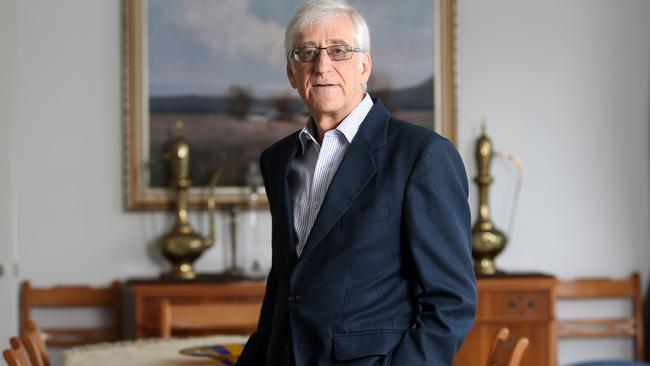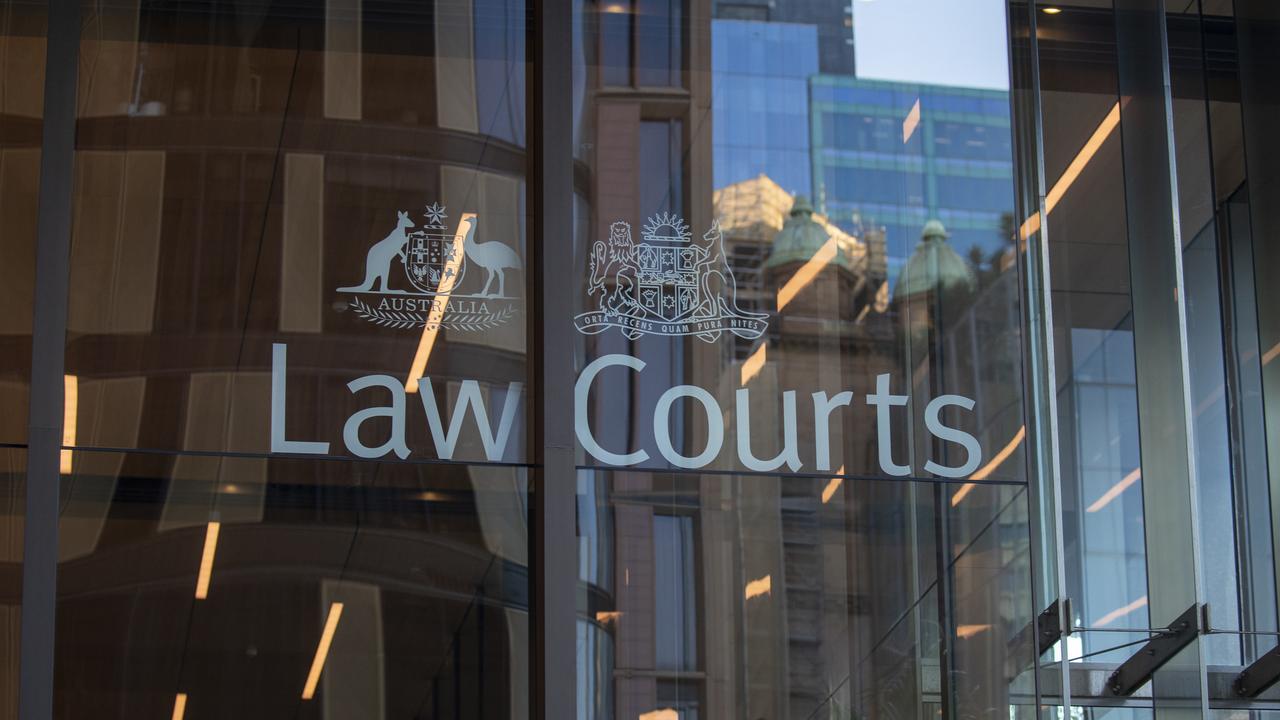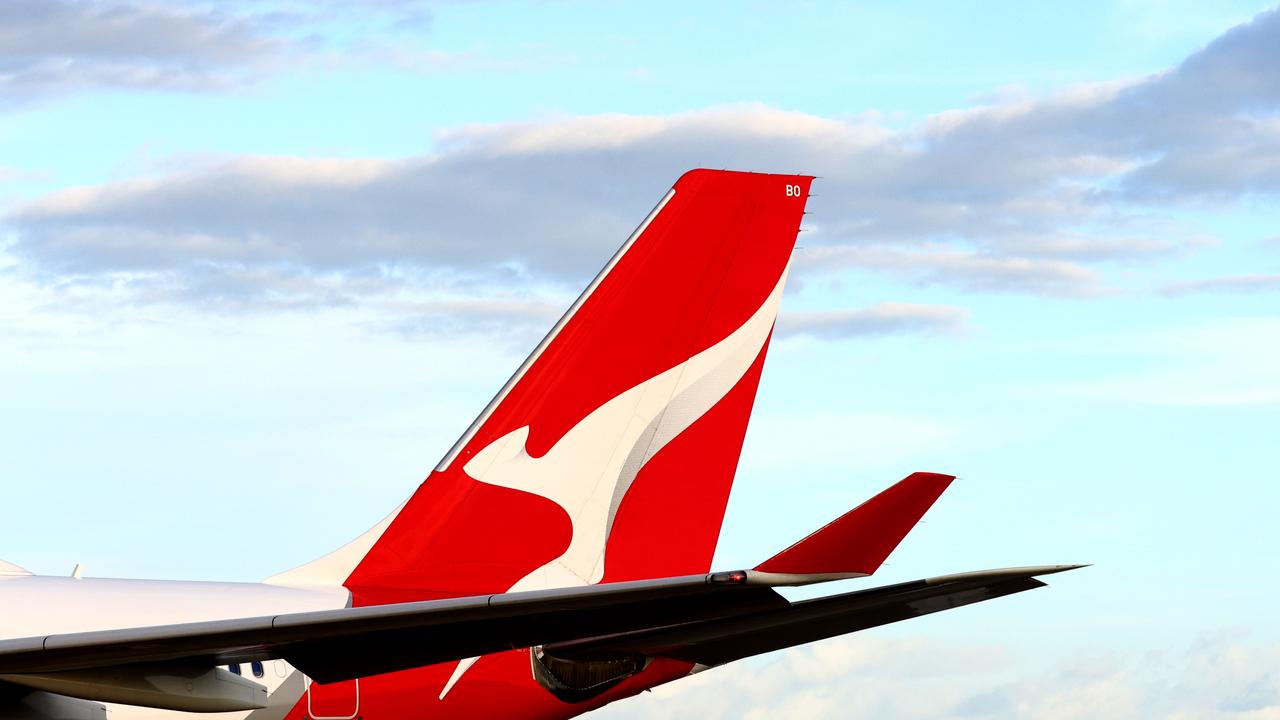‘Slug tax’: Teaminvest concerned by the Albanese government’s super reform plans
The members of the Australian-wide investor group are concerned about the precedent set by new super changes, especially the damage a tax on unrealised gains will have.

Business
Don't miss out on the headlines from Business. Followed categories will be added to My News.
The members of Australia-wide investor group Teaminvest have come up with a word for the federal government’s proposed tax increases on super funds worth more than $3m, says co-founder Howard Coleman.
“They call it the ‘Slug’ tax – ‘Super Labor unrealised gains’ tax,” he says.
Coleman says many of the 600 strong members of the investment group, most aged between 50 and 80, are unhappy with the government’s proposed doubling of tax on earnings on superannuation balances of more than $3m.
But he says they are more angry at the fact that the $3m is not being indexed and that the new system effectively involves taxation as a result of unrealised capital gains.
“The cap itself hasn’t been a big issue,” he says. “Everybody’s annoyed because it’s about a broken promise and it is a sign that there’ll be other broken promises.
“But the biggest thing is that it is a tax on unrealised gains. It is a tax which is going to damage the economy, cost jobs and reduce the total tax take.”
South African born Coleman founded Teaminvest with fellow investors, John Price and Mark Moreland, in 2008, inspired by the value approach of US billionaire Warren Buffett, to bring together like-minded people wanting to have a regular discussion groups, pooling ideas and experience to manage their income into retirement.
Most are semi-retired, gathering once a month for day-long meetings in most capital cities to discuss issues relating to investing – from the impact of inflation to how to ask questions as a shareholder at annual meetings.
Many have self-managed super funds with assets in super and outside of super.
Lately, the meetings and webinars which have popped up since the advent of Covid-19 have been discussing the long-term impacts of the latest proposed changes to the tax on superannuation.
According to Coleman, the consensus view is: “How could anybody come up with something that stupid?”
He says that the unrealised capital tax aspect meant investors could be penalised for a gain even if they don’t have the profit from the gain in an investment in their hands.
“Instead of investing in productive assets, people will be keeping more money in cash in case they have to pay an unrealised capital gains tax at the end of the year.”
Coleman says the idea that people could find themselves subject to 30 per cent tax on earnings if some of the shares they have invested in skyrocket in a year has the potential to have many negative implications – including discouraging investment in mining companies, biotechs or start-ups which could have long periods of underperformance and then have one or two good years when their price goes up.
“If you are starting a biotech company now, you will start it overseas rather than in Australia because you wont be able to raise capital as easily,” he said.
He says the new tax will also encourage more people in superannuation to stay in cash or more conservative investments and discourage people moving into retirement from selling their home or using the downsizing scheme and putting up to $300,000 into their super funds.
He says this will mean more retirees staying in larger homes and not increasing the supply of homes for younger families.
“A lot of retirees will now stay living in bigger houses. Why sell the house?”
He says his members are looking ahead to a new Australia where the increase in the tax on superannuation, despite an assurance from Anthony Albanese in Opposition that there would be no changes to taxes on superannuation, is just the beginning of an era of new taxes which will be imposed to help claw back revenue as budget deficits continue to blow out.
This week’s announcement that the government has signed up to a $360bn AUKUS submarine deal will add further pressure to future budgets, along with the continued blow out in costs of the national disability insurance scheme.
Howard said Teaminvest members are already recalculating their longer-term approach to investment: One issue is giving funds to their children to help buy homes, and encouraging any children working overseas to stay away longer to accumulate their savings for retirement in lower-tax jurisdictions overseas.
He says the fact that the $3m figure is not indexed means that members know their children will be caught by the cap as their income over 40 years in the workforce with pay rises to accommodate an expected four per cent inflation rate.
“Pretty much anyone on medium wages today will be eventually hit by the cap,” he says.
“Inflation will make sure of that.”
Coleman also says about 50 or so Teaminvest members live on family farms, some of whom have the farms in their super funds.
“For farmers, the unrealised capital gains tax is a nightmare. You can own a farm which has many tough years and find it has a one good year which pushes the fund over $3m.”
This could see farmers having to sell off property to meet taxes on unrealised capital gains.
As all other farmers will be facing the same market conditions – either good or bad – it would make it harder for other farmers to buy them out.
As Coleman puts it: “Our members are saying we can now expect many more extra taxes.”
Originally published as ‘Slug tax’: Teaminvest concerned by the Albanese government’s super reform plans



